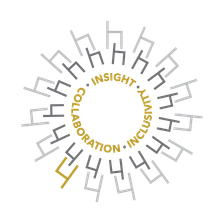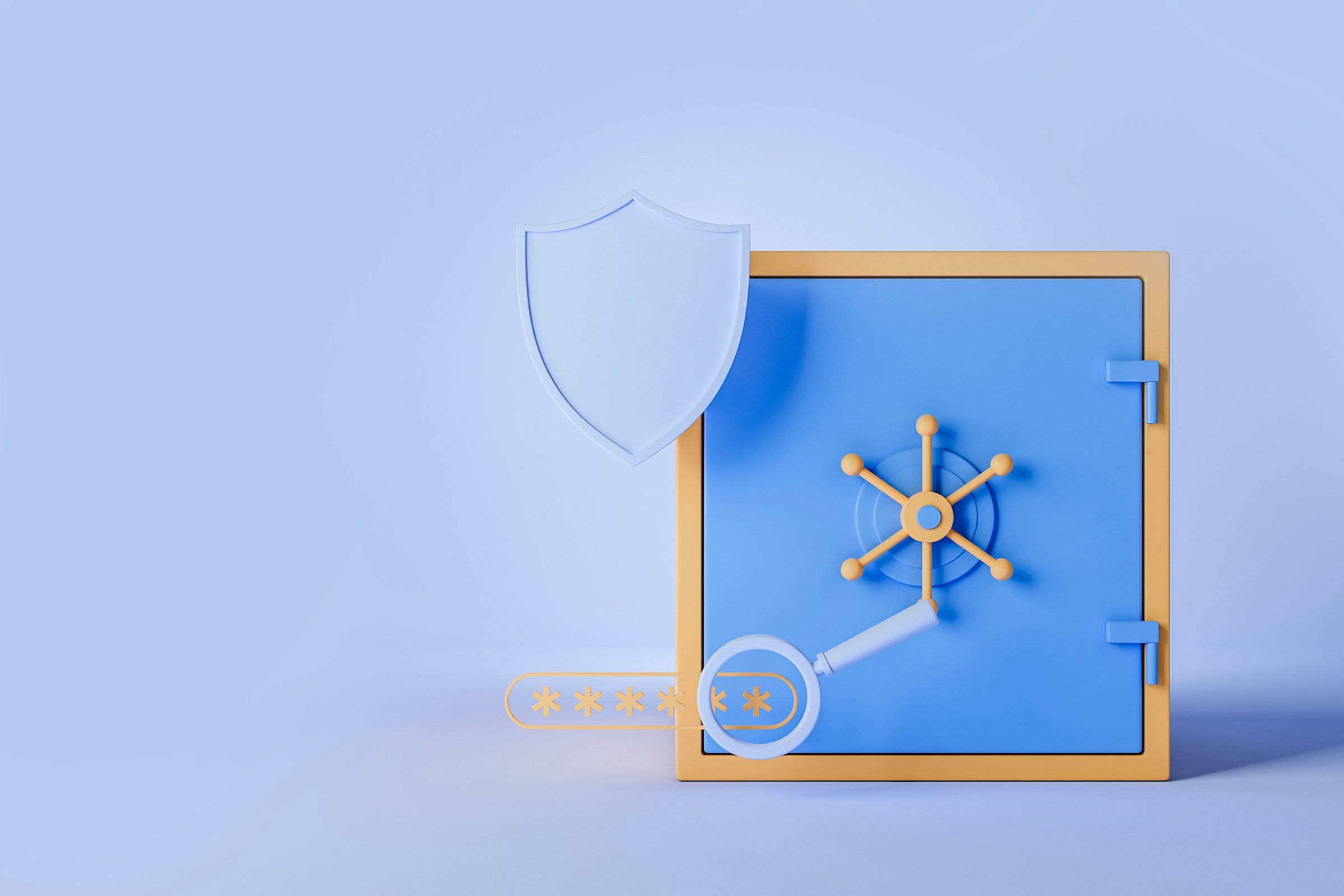Are you a professional working in China? What you’re about to read might seem strangely familiar. That’s because, unfortunately, you’re not the only one suffering from this problem. What are we talking about exactly? Low trust levels among colleagues in international teams.
We’ve worked with a number of companies and educational institutions in China. Most of the people we help are people working in China between the ages of 26 and 36. Our clients might be very different but common issues run throughout.
Big egos. Competing for promotions. Considering colleagues incapable. Whatever the motives behind not trusting each other are, the end result is the same. Lack of collaboration in team environments. Without a foundation of trust a healthy team environment is impossible.
These challenges are multiplied in international and intercultural environments. But what does this actually mean in everyday office life? Lack of cohesion leads to ineffective teams that can’t work as one. People end up working only for themselves. Teams that do not challenge each other on plans and approaches produce weaker outcomes. In an environment with no trust, diversity in talents and experience will not be getting used to it’s full potential.
The ways in which a lack of trust manifests itself in the workplace vary widely. But put simply, trust is as important for a company as it is for a family. Without it, everyone is pulling apart rather than pushing together. Trust is the foundation upon which everything else is built, not only a company’s future but also your relations in the workplace.
However, that’s enough about the problems. I’m sure you have your own examples. However, from my experience, I believe that very few people actually have bad intentions. People lack trust because they are stuck in an unhealthy routine. The big question, how do we work together to break the cycle and begin constructing a healthier work environment? Building trust will make the workplace more productive, open and fun.
Funnily enough, the first step is a change of environment altogether. Get out of the office. Why do we take our clients to our lake house on the outskirts of Shanghai? Because it’s not the office and it certainly beats the boardroom! In all seriousness, a relaxed setting like this helps people to open up and talk about the real issues.
As much as we’d enjoy it, our lake house sessions don’t just involve chilling out by the water. Prior to taking part in a workshop we ask the group to think about some behaviour they have exhibited in the past. We often discover that this behaviour is automatic behaviour. What does this mean? Automatic behaviour is not real individual heartfelt responses, but rather the behaviour that is the accepted norm in certain situations.
Automatic behaviour is not always helpful. If you just adapt to the accepted past patterns in your workplace, and ‘the way things are done around here’, it’s difficult to create a brighter future. This is called ‘coping’, and it’s just that… coping without really excelling. Building a foundation of trust is a large step towards creating an environment in which everyone can excel and perform to their potential. Getting out of the office, and working together can help to break the norms of so-called automatic behaviour. Suddenly, a lack of trust may not be a core characteristic of your team for much longer.
At our workshops we use a combination of exercises involving both the whole group and smaller clusters. The more you put into the workshop, the more you and your colleagues will get out.
Our workshops are fully driven by you. You choose the issues. We guide the solutions. Open up, learn from yourself and your colleagues. Pull together to create an environment in which trust is at the core. The ultimate goal is a return to a more cohesive and productive workplace.
Do you spend 8 hours a day coping? Does your team suffer from a lack of trust? Or do you simply think there is room for improvement in the way your team works? Why not come along to our next lakeside workshop near Shanghai on May 15th-16th and see how we can help you.

